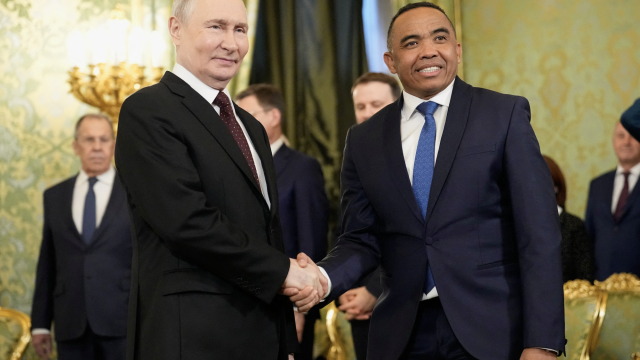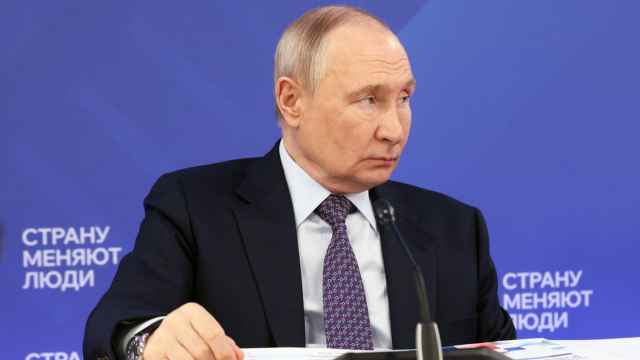The State Duma will discuss a bill allowing people to reclassify their summer houses, or dachas, as residential dwellings, and to register at them, Prime Minister Dmitry Medvedev said in a video message posted on his blog Monday.
The goal of the bill is to let those already living in dachas an opportunity to register and receive the same social benefits as people registered elsewhere, the message said.
Russia has strict internal migration requirements, according to which each citizen has to have permanent registration and also temporary registration if he moves to another city or region.
The bill is designed to take the pressure off city housing, a difficult issue Russia faces today.
“For one reason or another, many citizens prefer to live in dachas — they either like the lifestyle, or their life circumstances dictate it to them, Medvedev said. “For example, pensioners leaving their homes to children, or young families not yet able to purchase their own flat, end up living on such properties and in such houses.”
There will be safeguards against turning dachas into places where dozens of people, usually migrant workers, are registered without actually living there, Medvedev said.
The Federal Migration Service, which processes migrants' applications for permanent residency, will automatically flag dacha residencies as out of bounds for them, he added.
While addressing the hot issue of housing affordability and potential pitfalls, experts say the bill could create more problems, rather than solve them.
Dachas, built in villages or small residential communities, can already be registered as places of permanent residence without the need for a new law.
The only place where it is not possible are “garden partnerships,” where the land is not legally attached to any particular local government jurisdiction, said Andrei Tumanov, a State Duma deputy and a former editor-in-chief of the Vashi Shest Sotok (Your Six Acres) newspaper.
A garden partnership is normally comprised of a set of small land plots in a semi-agricultural area, only suitable for keeping a garden or a vegetable patch. However, there is no provision for schools, shops or hospitals.
The issue is that once people register there, they may demand infrastructure, he said.
“This law will result in anarchy, because it will be hard to determine who is responsible for what,” he said. “It is the law with unpredictable consequences.”
The concept of permanent registration, formerly called propiska, was initially introduced by Peter the Great, who required people to carry passports and be registered at the place of their residence. It was also used in the Soviet Union as an instrument of control over the movements of citizens within the country.
In 1993, the propiska system was abolished, but the State Duma is currently considering introducing criminal penalties for violating registration rules, prompting fears that the Soviet registration system will be restored.
Citizens who are not registered at their place of residence may be denied schooling for their children, emergency medical assistance and admission to a local hospital.
Contact the author at [email protected]
A Message from The Moscow Times:
Dear readers,
We are facing unprecedented challenges. Russia's Prosecutor General's Office has designated The Moscow Times as an "undesirable" organization, criminalizing our work and putting our staff at risk of prosecution. This follows our earlier unjust labeling as a "foreign agent."
These actions are direct attempts to silence independent journalism in Russia. The authorities claim our work "discredits the decisions of the Russian leadership." We see things differently: we strive to provide accurate, unbiased reporting on Russia.
We, the journalists of The Moscow Times, refuse to be silenced. But to continue our work, we need your help.
Your support, no matter how small, makes a world of difference. If you can, please support us monthly starting from just $2. It's quick to set up, and every contribution makes a significant impact.
By supporting The Moscow Times, you're defending open, independent journalism in the face of repression. Thank you for standing with us.
Remind me later.






